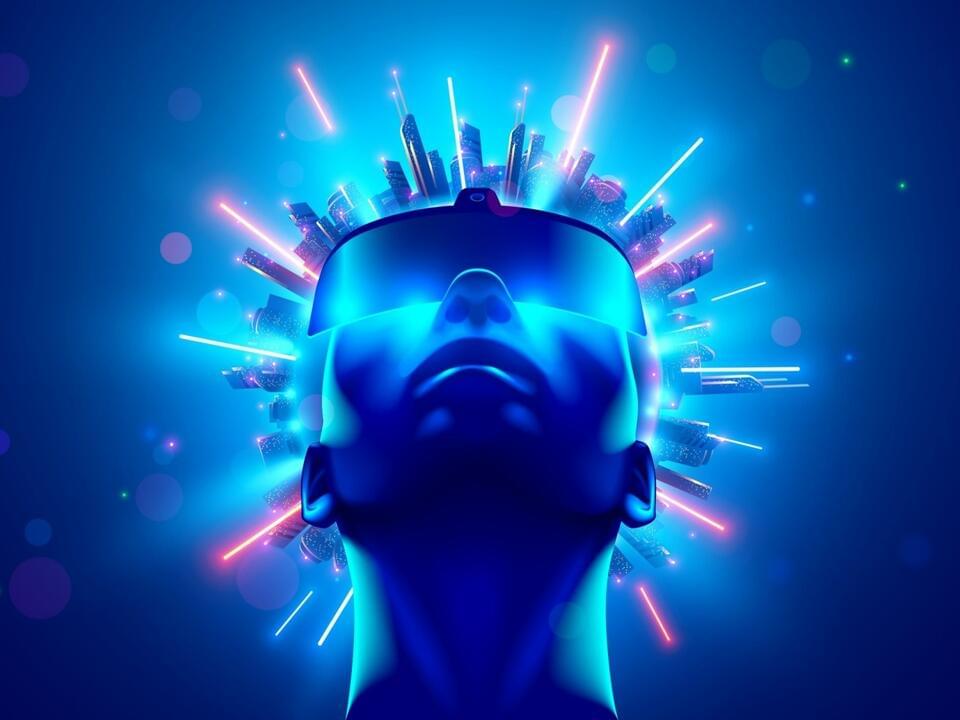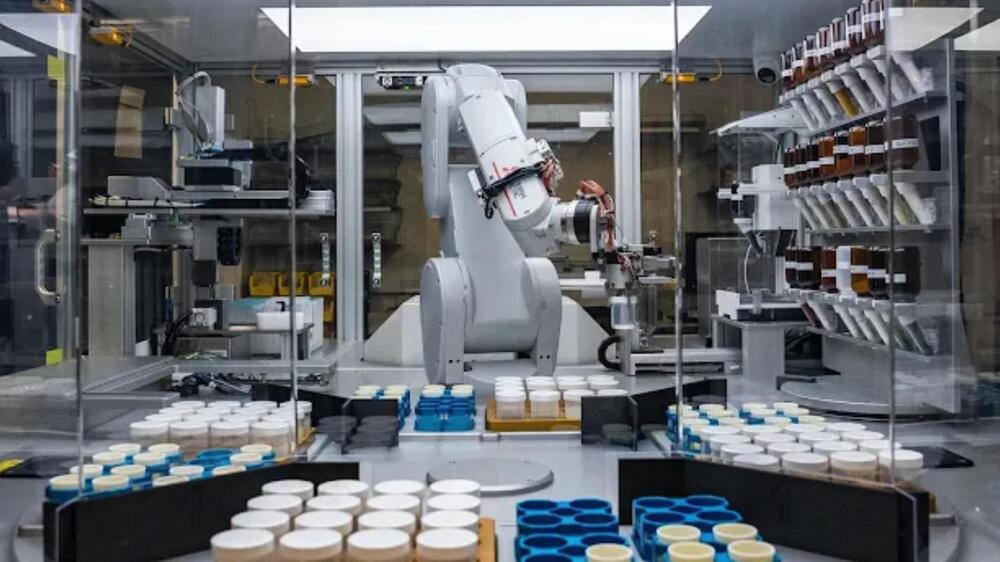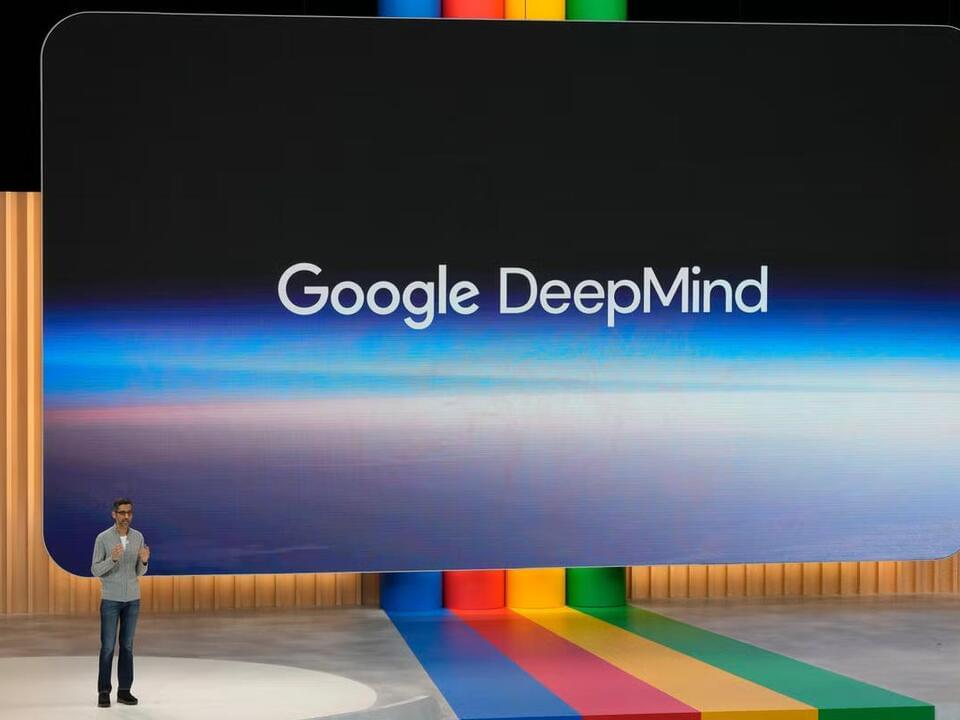Is it possible to invent a computer that computes anything in a flash? Or could some problems stump even the most powerful of computers? How complex is too complex for computation? The question of how hard a problem is to solve lies at the heart of an important field of computer science called computational complexity. Computational complexity theorists want to know which problems are practically solvable using clever algorithms and which problems are truly difficult, maybe even virtually impossible, for computers to crack. This hardness is central to what’s called the P versus NP problem, one of the most difficult and important questions in all of math and science.
This video covers a wide range of topics including: the history of computer science, how transistor-based electronic computers solve problems using Boolean logical operations and algorithms, what is a Turing Machine, the different classes of problems, circuit complexity, and the emerging field of meta-complexity, where researchers study the self-referential nature of complexity questions.
Featuring computer scientist Scott Aaronson (full disclosure, he is also member of the Quanta Magazine Board). Check out his blog: https://scottaaronson.blog/
Read the companion article about meta-complexity at Quanta Magazine: https://www.quantamagazine.org/complexity-theorys-50-year-jo…-20230817/
00:00 Introduction to the P vs NP problem.
02:16 Intro to Computational Complexity.
02:30 How do computers solve problems?
03:02 Alan Turing and Turing Machines.
04:05 George Boole and Boolean Algebra.
05:21 Claude Shannon and the invention of transistors.
06:22 John Von Neumann and the invention of the Universal Electronic Computer.
07:05 Algorithms and their limits.
08:22 Discovery of different classes of computational problems.
08:56 Polynomial P problems explained.
09:56 Exponential NP Problems explained.
11:36 Implications if P = NP
12:48 Discovery of NP Complete problems.
13:45 Knapsack Problem and Traveling Salesman problem.
14:24 Boolean Satisfiability Problem (SAT) defined.
15:32 Circuit Complexity Theory.
16:55 Natural Proofs Barrier.
17:36 Meta-complexity.
18:12 Minimum Circuit Size Problem (MCSP)
- VISIT our Website: https://www.quantamagazine.org.





